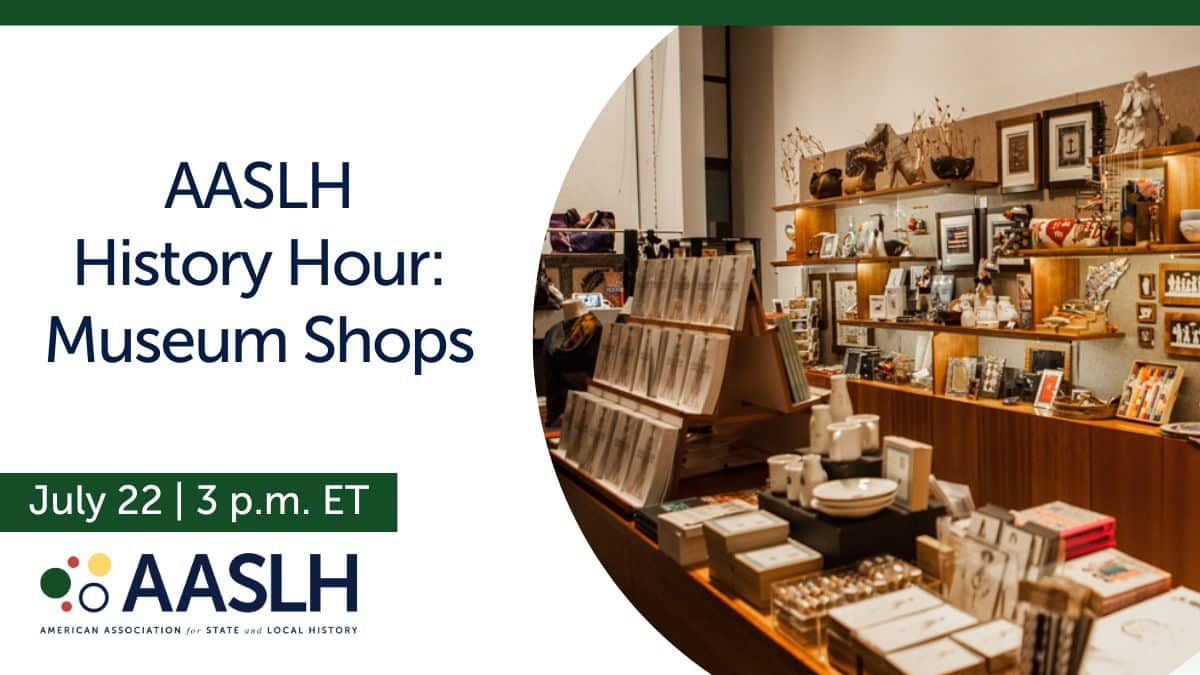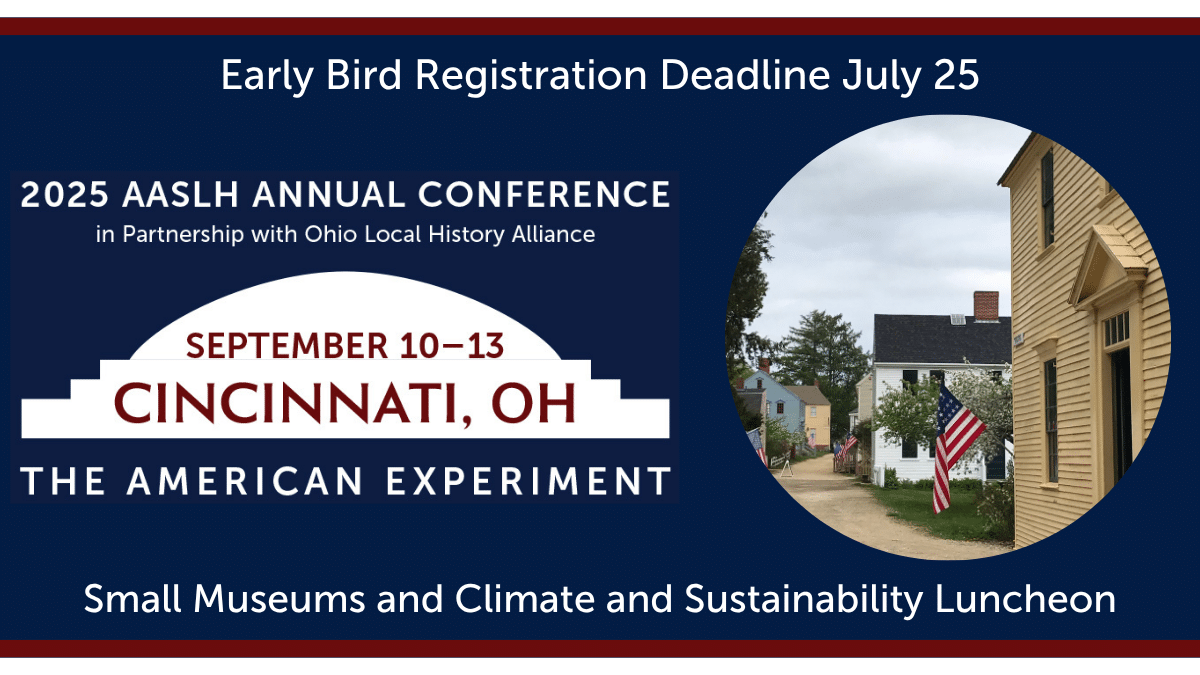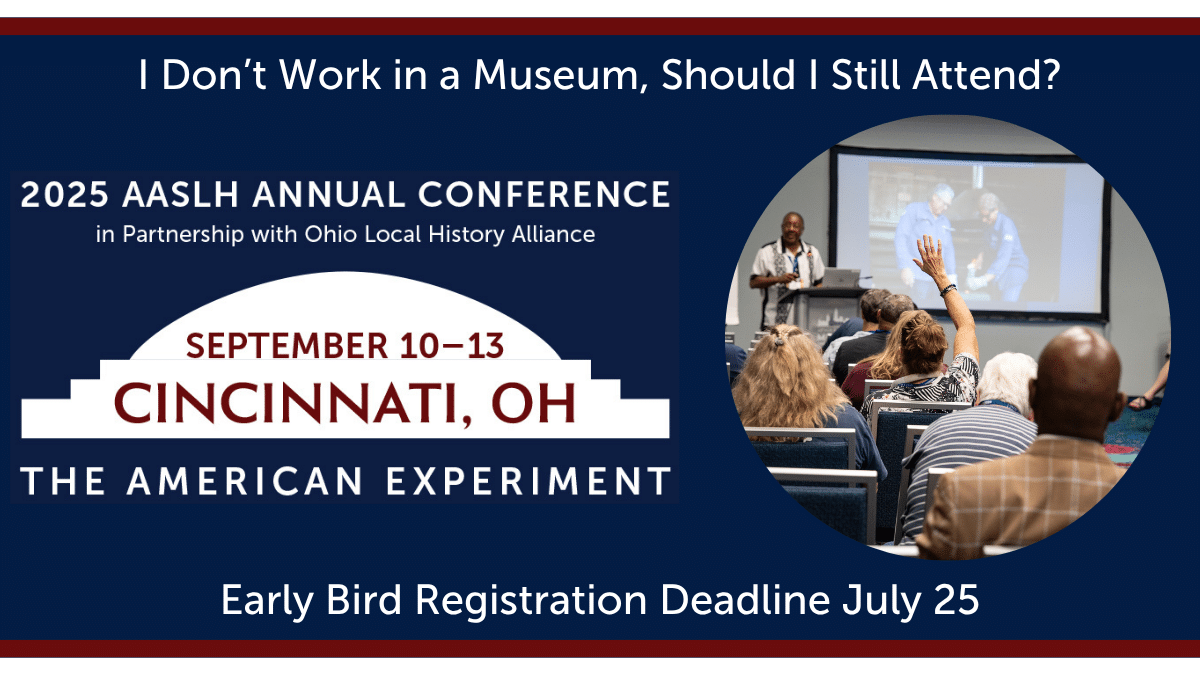
By Erin Carlson Mast, CEO and Executive Director, President Lincoln’s Cottage, Washington, D.C.
For the past two weeks, the Executive Directors of sites affiliated with the National Trust and headquarters staff have been corresponding with one another to share action plans and ideas about how to prepare for and respond to the plausible scenarios regarding the coronavirus. There is the direct and primary concern of health and well-being of our communities, including our teams and our visitors. There are related concerns about how long and how severe the implications will be for volume, for investments, and more.
Historic sites may be uniquely vulnerable to disruption from the pandemic. For example, we’re often guide-led experiences, often by volunteers or hourly staff. Visitors walk through and may touch highly delicate surfaces and materials (original wood banisters, for example, or original door knobs) that cannot and should not be disinfected like a Smithsonian museum might disinfect their permanent exhibits. The small history organizations typical of AASLH’s membership might lack the human and equipment resources to carry out widespread and frequent cleaning and sanitizing.
For many historic sites and small organizations, the deluge of news on COVID-19, coupled with troves of documents and guidance on what you should be doing from organizations like the American Alliance of Museums and Centers for Disease Control, can feel like drinking water from a fire hose. Perhaps you have already taken commonsense actions, but are looking for what to do next. Or perhaps you’re so overwhelmed, you don’t know where to start. Here are four questions and concrete actions you can take today.
- Is your organization’s basic prevention effective?
- Check your cleaning product labels or check products against this list from the EPA to ensure they are effective in killing coronavirus.
- Do you have ready access to contact information for all employees, volunteers, board members, and any other stakeholders you might need to communicate with at a moment’s notice?
- Ensure you can access contact information remotely.
- Do you know your insurance coverage?
- Call your insurance provider to understand what your insurance policies cover related to pandemics, such as liability and event cancellation.
- Have you addressed your biggest concerns with an HR professional?
- You might be grappling with how to implement extended remote work policies. You might be staffed with and/or serve majority highly-vulnerable populations. You might be witnessing xenophobia in your community. You might be struggling with how to support hourly staff members in the event of an extended closure. An HR professional can talk you through your specific concerns.
- No professional HR contact? Consider seeking a recommendation from your network or working with an appropriate board committee.
In our experience, we’re relying a lot on our networks and partners to figure out what we need to prioritize, and what we need to have on hand so we’re prepared to figure things out in the moment. We’re all in this together.



